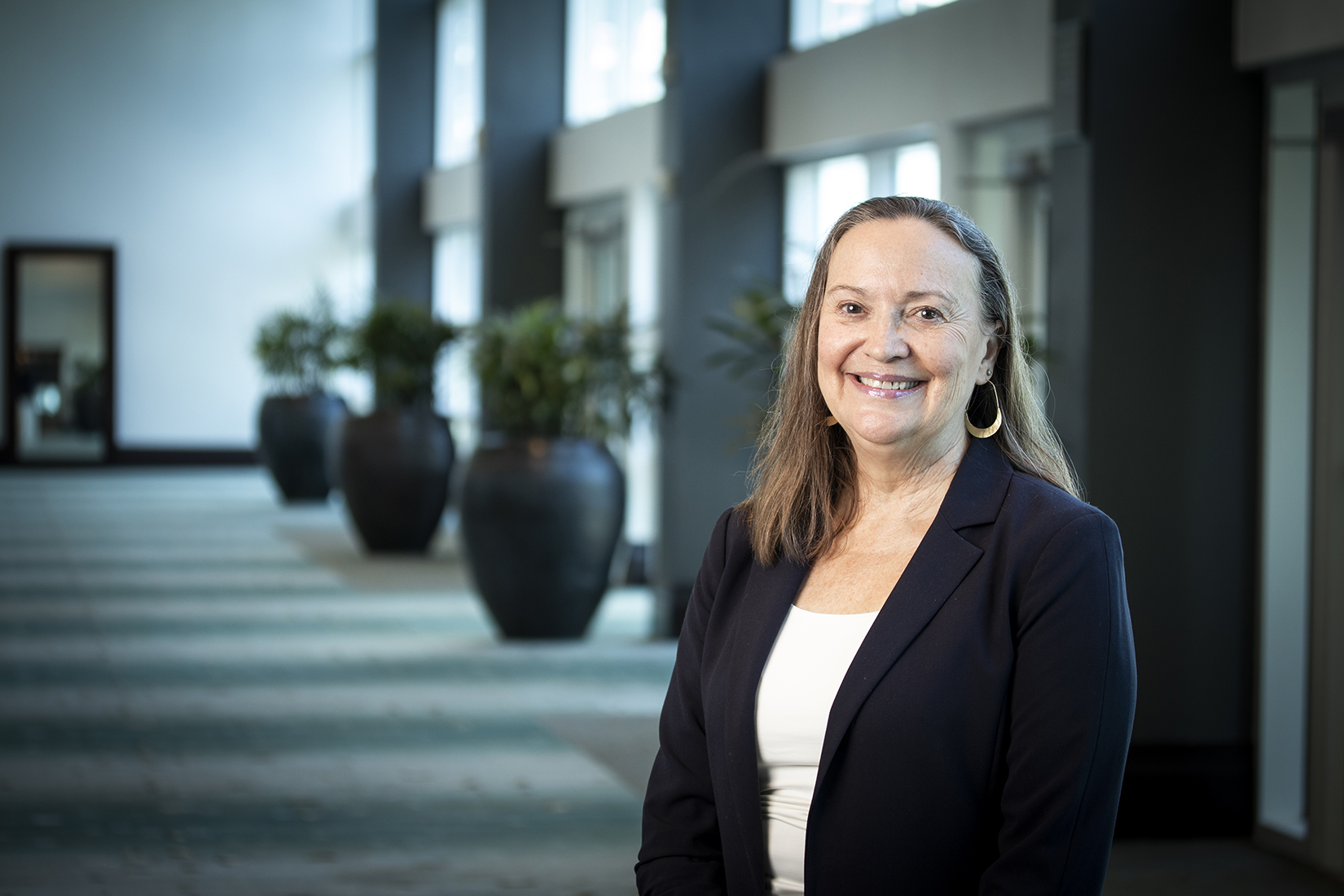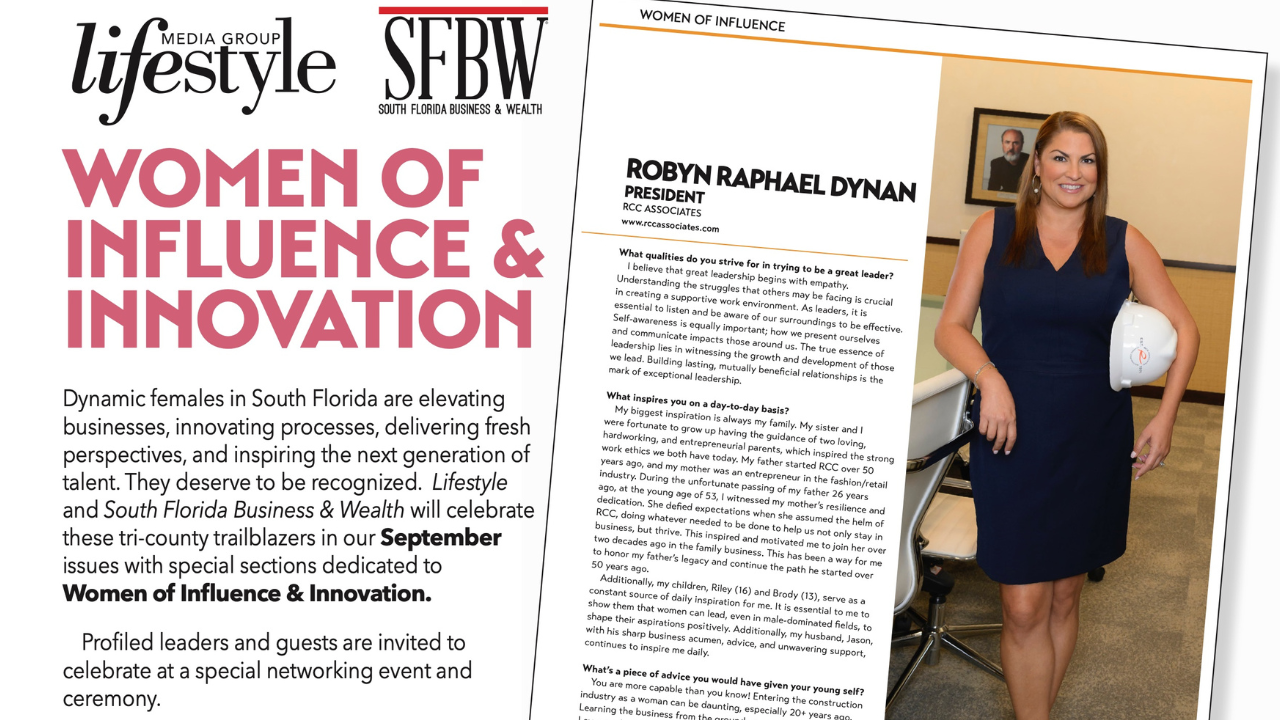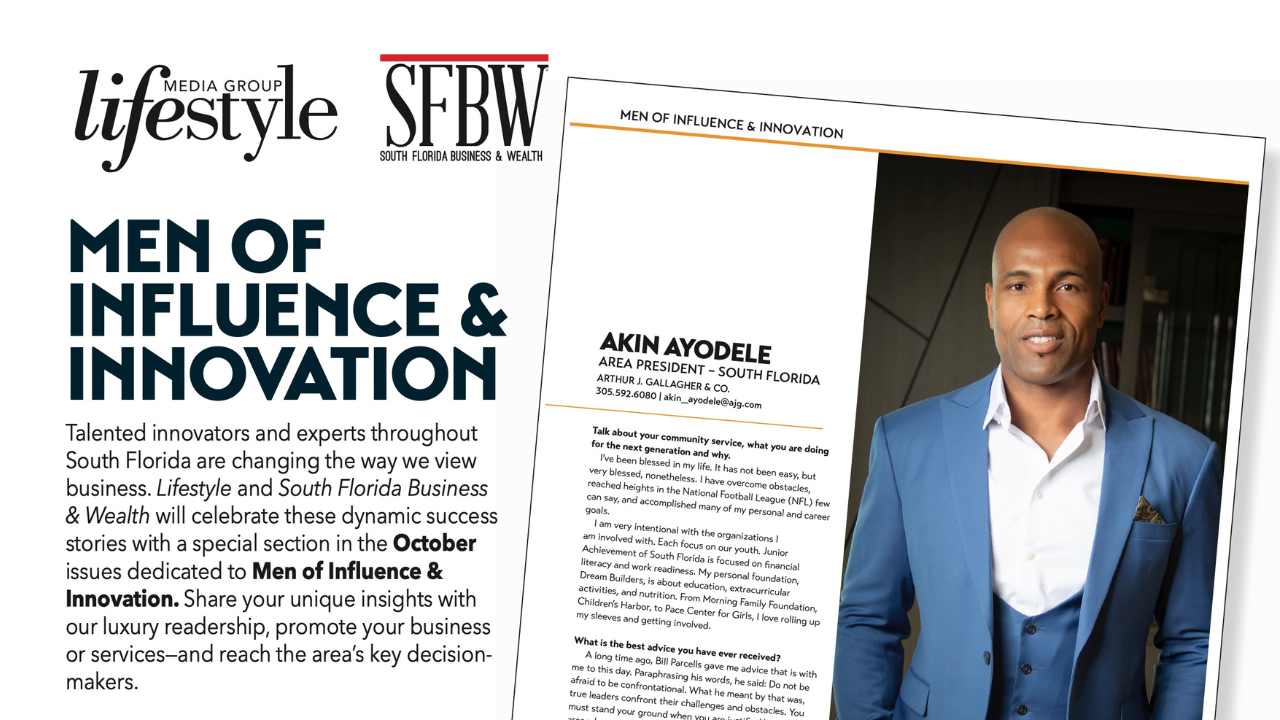Sheila Smith was no stranger to the world of social services before being hired in 2008 as chief executive officer at 211 Broward. Her background included executive director positions at Salvation Army Center of Hope and its transitional housing program, as well as at the Homeless Coalition of Palm Beach County.
But where there were limits to the number of people that a single social service could help, 211 Broward flipped that model on its head. As an aggregate for health and human services agencies and programs, the nonprofit organization and its specialized helpline counselors (there are roughly 50, part of a 70-person team overall) could connect tens of thousands of callers annually to much-needed support in a myriad of categories.
And that prospect fascinated Smith.
“To be that gateway—to understand how all the different service systems work and how the pieces fit together—is such a unique perspective,” Smith says. “There isn’t anybody else that does what we do.”
The numbers certainly back up that contention. The tentacles of 211 Broward extend to somewhere near 1,100 different agencies—and more than 4,000 programs. A call to the helpline (and there are more than 115,000 in a given year) can lead people throughout the region to services pertaining to hurricanes and natural disasters, children with special needs, behavioral health, mental health, basic health care, financial assistance, issues faced by military personnel and veterans, suicide prevention, and more.
The organization’s president and CEO touched on some of what distinguishes an organization whose call center is open for business 24/7, 365 days a year.
Smith on the challenges facing 211 Broward in her early years with the organization: “It was getting the word out and ensuring that the organization was on stable financial ground. We weren’t well-known. Therefore, we weren’t extensively supported. We needed to spread the word about 211 Broward and do something to put us into the forefront of the community so that others not only would be interested in using us—but they’d be interested in supporting us. There was a lot of work that went into building some signature events, and relationships with corporations and other supporters, that has grown over the years.”
On how 211 Broward has expanded its services over the years: “We were always a crisis service. But we’ve added so many programs and services over the years, a lot of specialized lines—like behavioral health, special needs, we’re doing caregiver support now, which is something new.” [Note: 211 Broward also launched a sexual-health helpline in conjunction with Broward County Health Department; services include support/education regarding sexually transmitted infections, information on gender identity and sexual orientation, and much more.]
“We’ve always had a Senior Touchline program, where we make daily calls to older adults who are living by themselves—just as safety and reassurance checks. The number of people served when I started probably was about 50. Now, we’re closer to 350. So, we’ve added services, and we’ve grown in terms of the number of people we touch.”
On the inner workings of a program like the Touchline: “Elderly individuals living on their own register for the Senior Touchline. And what they’re registering for is to receive a call from us on a schedule that they desire. Most of them want us to call every day. Some of them want us to call only on weekdays, but we accommodate whatever they’re looking for.
“Many people in the program tell us that, were it not for our call, they would rarely talk to anyone. Most of them have outlived family and friends. We try as much as possible to have the same counselor make the call to the same person. There is a relationship that ends up being built, and we become part of their extended family.
“The average age, I want to say, is 81. The oldest individual that we’re calling is over the age of 100. We make three attempts that day to reach them. If we can’t reach them, we have relationships with nonemergency police and fire departments. And they will go to the home to do a physical wellness check on the individual. We’ve had some instances where someone had fallen in the middle of the night, or they’d gotten sick and couldn’t get out of bed. If it weren’t for them not answering, and 211 [prompting] the in-person wellness check, no one would know.”
On services that callers seek on a consistent basis that might surprise people: “Probably about 40% of our callers are looking for help connected to basic needs—food, water, rent assistance, mortgage assistance, utility assistance, those kinds of things.
“COVID has been interesting, because we might have expected the calls to be health-related to the disease itself. But our calls related to COVID really are more about what people are experiencing financially and emotionally. Lost jobs, lost income, kids being schooled at home and family environments that have a hard time supporting that. The mental health toll on both young people and adults throughout COVID has been off the charts.”
On how calls have changed in nature since COVID: “It’s the length of our calls that is significantly different. The needs have become so complex. In [one call], you may be dealing with challenges related to financial, physical health, and mental health/emotional issues. Where it used to be somewhere around four minutes, the length of our calls are now around nine minutes.”
On the people unaccustomed to needing help: “There were so many people, especially in the service industry, who lost income completely [amid the pandemic]. And they had no idea what to do or where to turn. For the first time, they’re unable to feed the family or pay the rent.
“People who have experience living on the edge of financial viability are always juggling; they have a sense of how to do that. People who’ve never had to do that are really at a complete loss—and in a complete panic.
“This goes back to why the nature of our calls have changed. We’re walking people through all these different issues and concerns. In some cases, if we think somebody is going to have difficulty navigating the system, or accessing a service, we’ll advocate on their behalf, or we might call an agency for them. We’re doing a lot more of that kind of advocacy and care coordination.”















